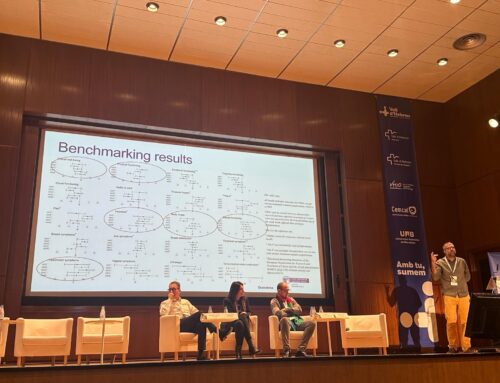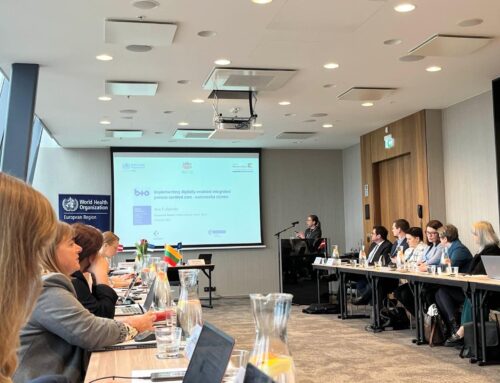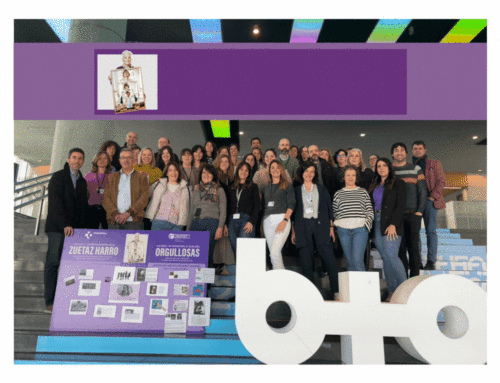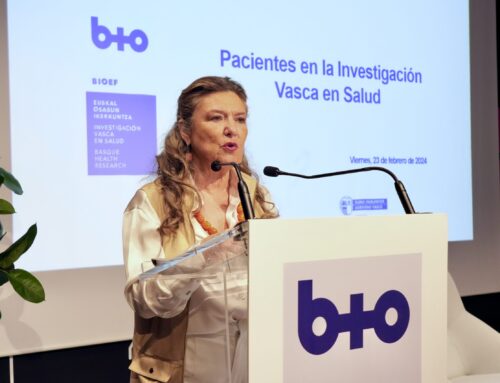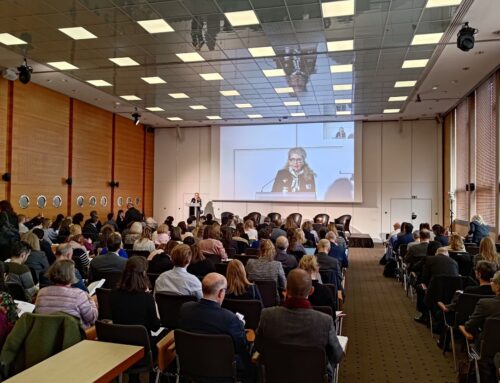The meeting allowed us to analyse the tasks developed until now and establish a detailed plan for the actions to be carried out over the next months.
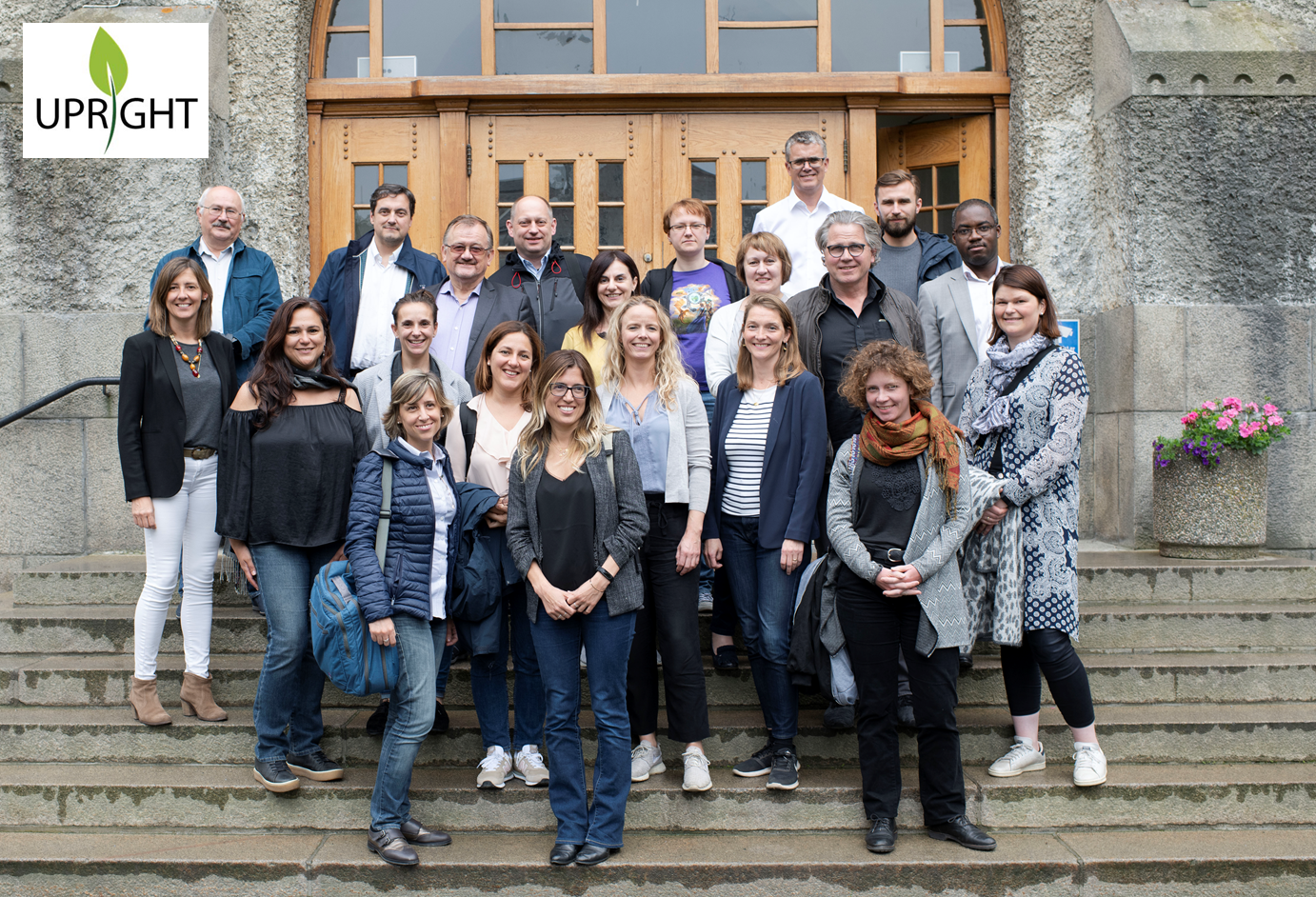 Trondheim (Norway), where the NTNU -one of the seven members of the Consortium- headquarters are located, was chosen to hold the third general assembly for the UPRIGHT European Project. On the 25th and 26th of June, they developed a brief assessment of the tasks performed and the milestones achieved until that date. They also agreed on the future steps to move the project forward.
Trondheim (Norway), where the NTNU -one of the seven members of the Consortium- headquarters are located, was chosen to hold the third general assembly for the UPRIGHT European Project. On the 25th and 26th of June, they developed a brief assessment of the tasks performed and the milestones achieved until that date. They also agreed on the future steps to move the project forward.
The “Universal Preventive Resilience Intervention Globally implemented in schools to improve and promote mental Health for Teenagers”, UPRIGHT, is aimed at adolescents from 12 to 14 years of age. This age-group is exposed to risk factors that may lead to the development of mental health disorders and risky behaviour. This study aims to promote mental well-being and prevent mental illness by increasing their resilience capacity.
Mental health experts within the UPRIGHT consortium designed a resilience programme that was validated in five European regions (The Basque Country; Trent, Italy; Lower Silesia, Poland; Denmark, and the area of Reykjavik, Iceland), where the pilot experiences are taking place. The UPRIGHT intervention strengthens the personal confidence and cognitive function of teenagers, empowering them in coping, efficacy, and social and emotional learning, while developing mindfulness practices. . The training programme extends to all families and the complete school and community, with the goal of improving or creating a mental well-being environment.
Kronikgune, as the European project coordinator, kicked-off the meeting by offering participants an overview of the work developed over the first 18 months. Moreover, the assessment team, led by Kronikgune and Osakidetza, presented the basal programme efficiency outcome, before beginning the intervention at schools.
The Italian team from the Bruno Kessler Foundation shared the results from the pilot monitoring of the five regions. The analysis, which focused on the identification of the improvement points, will allow us to incorporate these advanced and changes in the contents and procedures for the implementation of the programme during the 2019-2020 academic period. Along this line, new strategies to follow in order to stimulate participation among families and teachers were defined. The publication committee also met during the assembly to agree on the criteria to draft scientific articles and other dissemination activities.
It is important to highlight the scientific event organised on 25 June, along with the coordinators of the BOOST European project. Aside from presenting both projects, they also held a Q&A session. The meeting helped establish future synergies between both projects financed by the H2020 programme.
For further information about the project, visit their official website: www.uprightproject.eu or follow their day-to-day on @Uprightproject1

